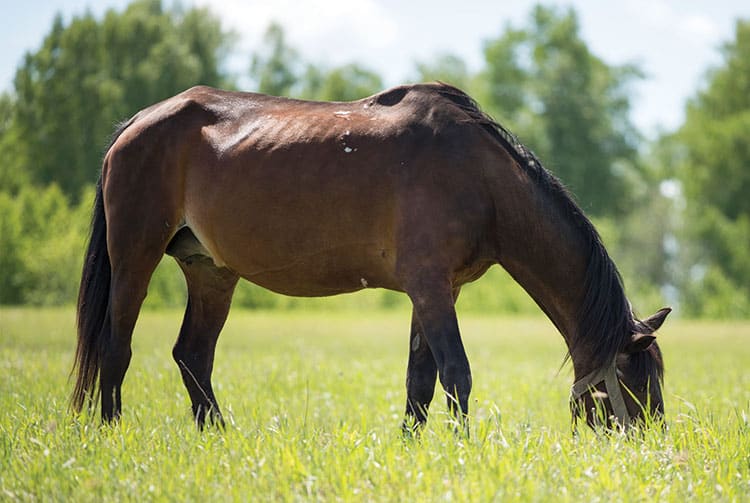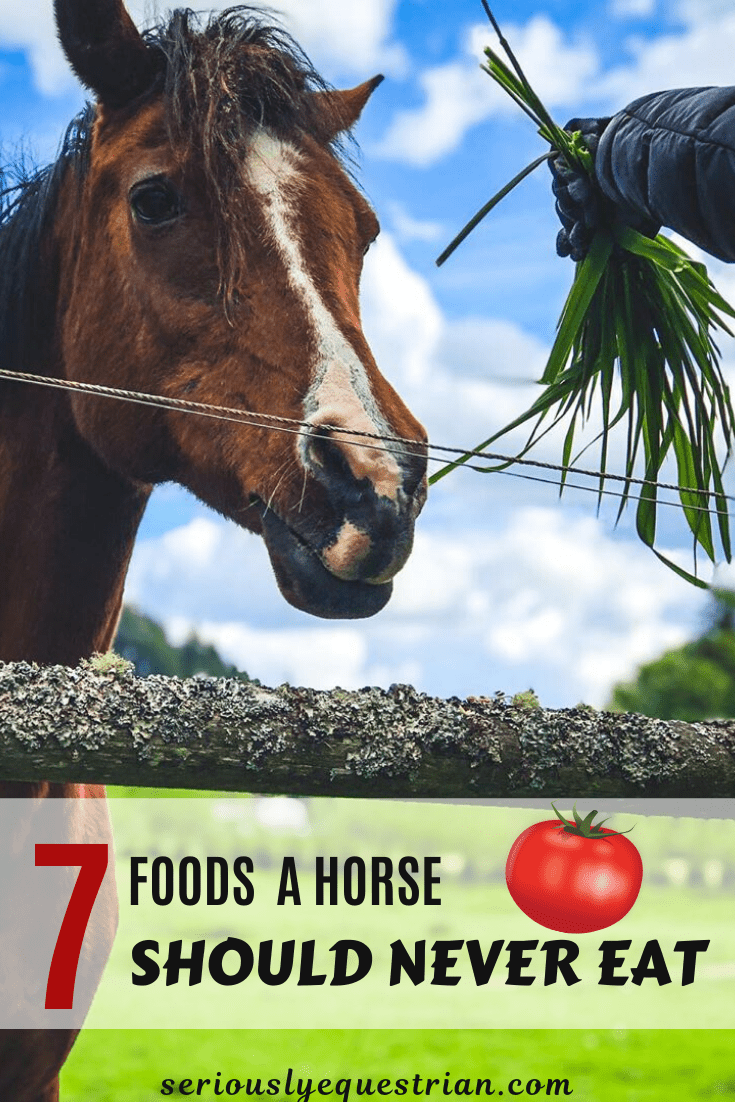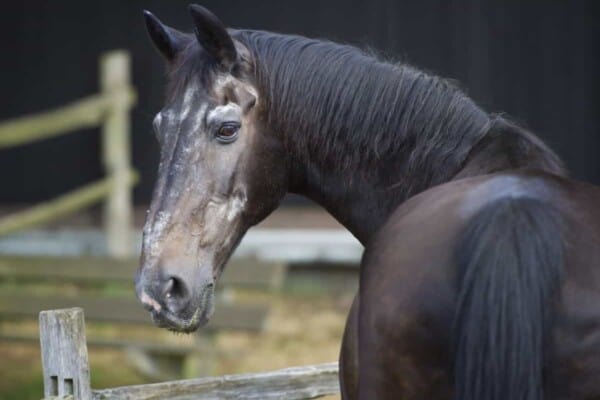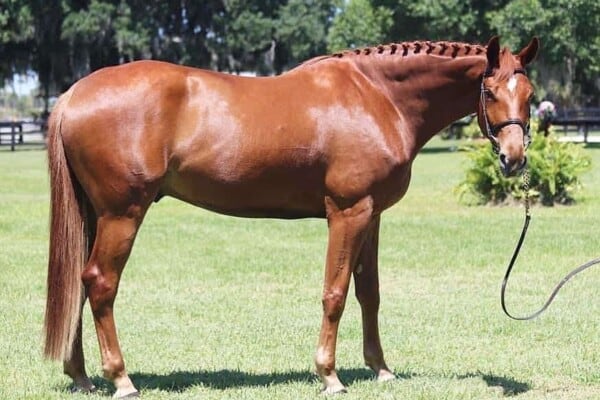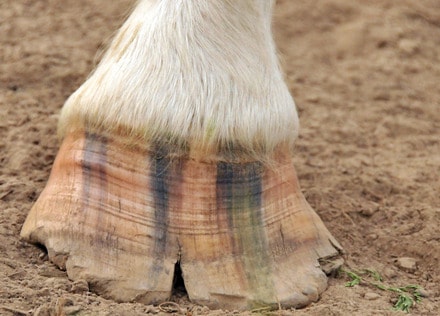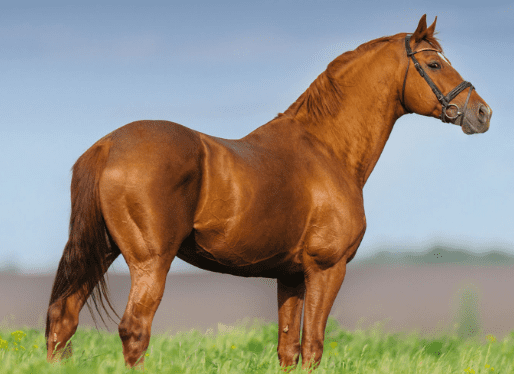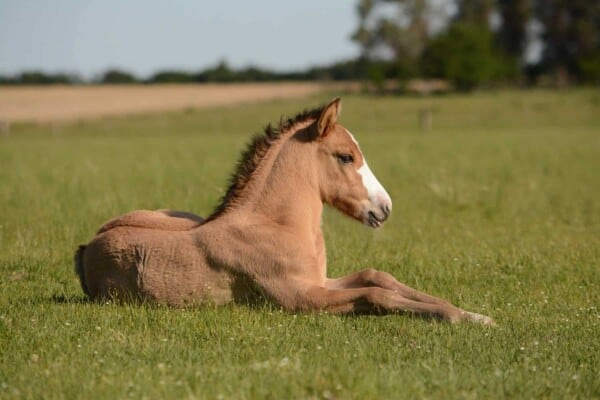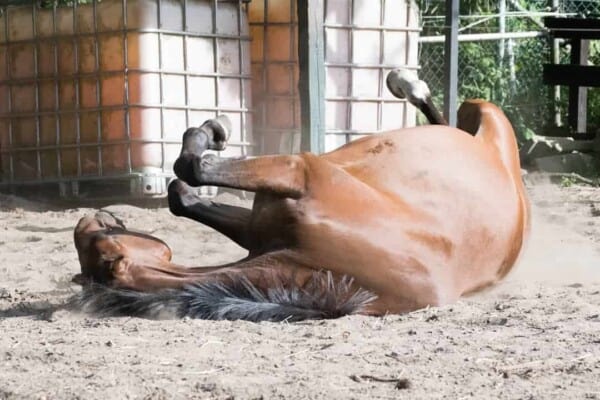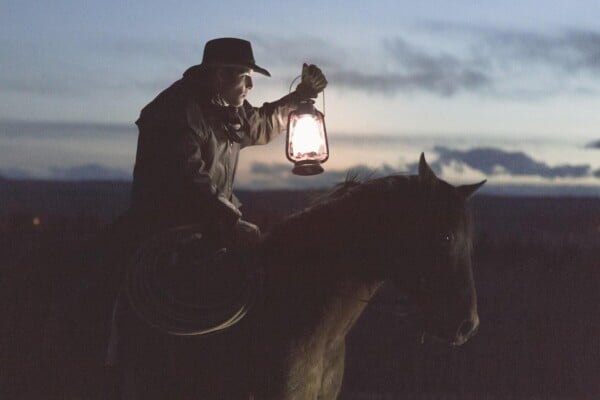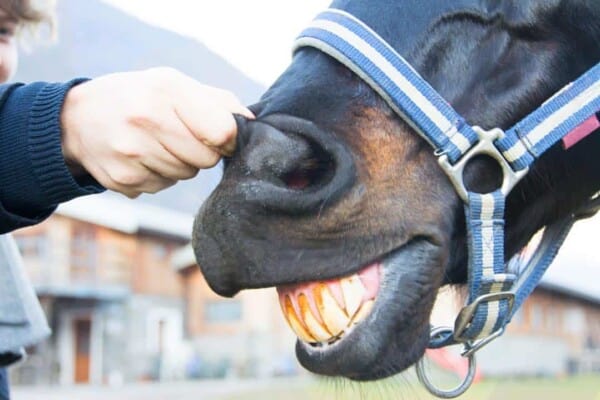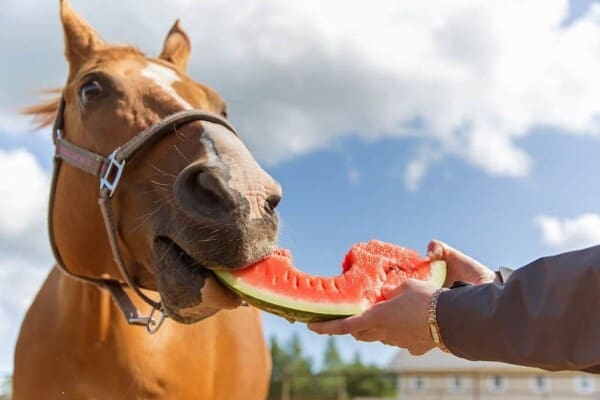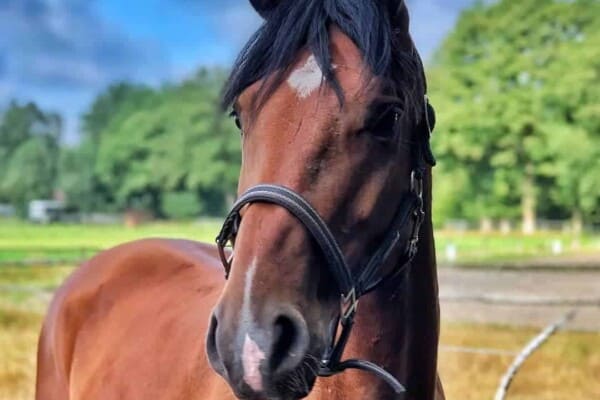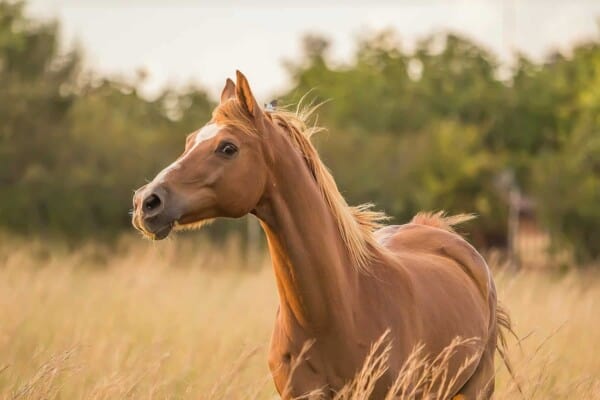Most Horses have a plain diet. In general they prefer to eat small amounts of food steadily throughout the day as they do if left to graze on a pasture. However horses also love treats and many owners like to reward their horses with fruits or vegetables such as apples and carrots.
The majority of fruit and vegetables are perfectly safe for a horse as long as eaten in small quantities. However a horses digestive system is somewhat delicate and some food that we eat may be toxic to horses. Also, we need to be extra careful to avoid toxic foods as they do not have the ability to regurgitate food in the same way we do. This means vomiting is not an option and they do no have the ability to eject food if poisonous or if they have overeaten.
As horse owners we also need to be wary of large quantities of food that can lead to the build up of gas which in turn can result in Colic. In order to keep your horse healthy here is a list of fruit and vegetables that you should never feed to your horse:
Fruits & Veg to Avoid
Rhubarb
Rhubarb leaves contain potent toxins that can cause severe kidney damage and in some cases complete kidney failure resulting in death. It can also cause damage to the digestive and urinary systems by creating an electrolyte imbalance which leads to kidney failure. The stems of rhubarb may be non toxic but it is advisable for horses to never eat this plant.
Potatoes
Potatoes are part of the nightshade family which is a group of vegetables that are toxic to horses. Horse owners should take particular care to ensure that they’re horse stays away from raw potatoes.
Onions
Onions are part of the Allium genus of plants which also includes onions, garlic, leek, shallot and chive. However wild onions are the plant in this group most likely to be encountered by your horse as they grow abundantly in many different types of moist climates. If ingested in large amounts by your horse it can be fatal.
This is because onion contains propyl disulfide which can lead to the formation of oxygen free radicals that damage the membrane of the red blood cells. This causes the red blood cells to dysfunction and can cause Heinz hemolytic anemia. If this plant grows in your climate keep an eye out to make sure your horse does not graze in the an area where it is growing.
Persimmons
The American persimmon is a fruit that can be quite toxic to horses. This fruit contains tannins which horses cannot process properly in the stomach. The tannins form a sticky mass in the stomach which can leads to ulcers and even stomach ruptures in extreme cases.
Tomatoes
Tomato plants are also members of the nightshade family. While the tomato fruit itself may not be toxic it is advisable to avoid giving it to a horse.
Tomato plants also contain hyoscyamine which disables the salivary gland and affects a horses ability to produce and decrease the required intestinal mobility. The poisoning caused
Avocados
Avocados contain a substance called Persin which is derived from fatty acids. There is evidence to suggest that Persin is the toxic which causes health problems and other grazing animals who eat avocados. This toxic can lead to colic, ulcers, regular heartbeats, edema, and other respiratory issues
Cabbage
The cruciferous family of vegetables contains broccoli, brussel sprouts, and cabbage. These vegetables contain a particular type of sugar called raffinose in cruciferous that can result in excess intestinal gas in animals and humans. This can be particularity dangerous for horses as this excess case significantly increases the risk of colic.
Horses often graze in farmland and share spaces where farmers harvest crops such as cabbage and broccoli. If this is the case you need to be extra careful that horses do not have excess to large amounts of these vegetables as it could result in a severe case of colic.

